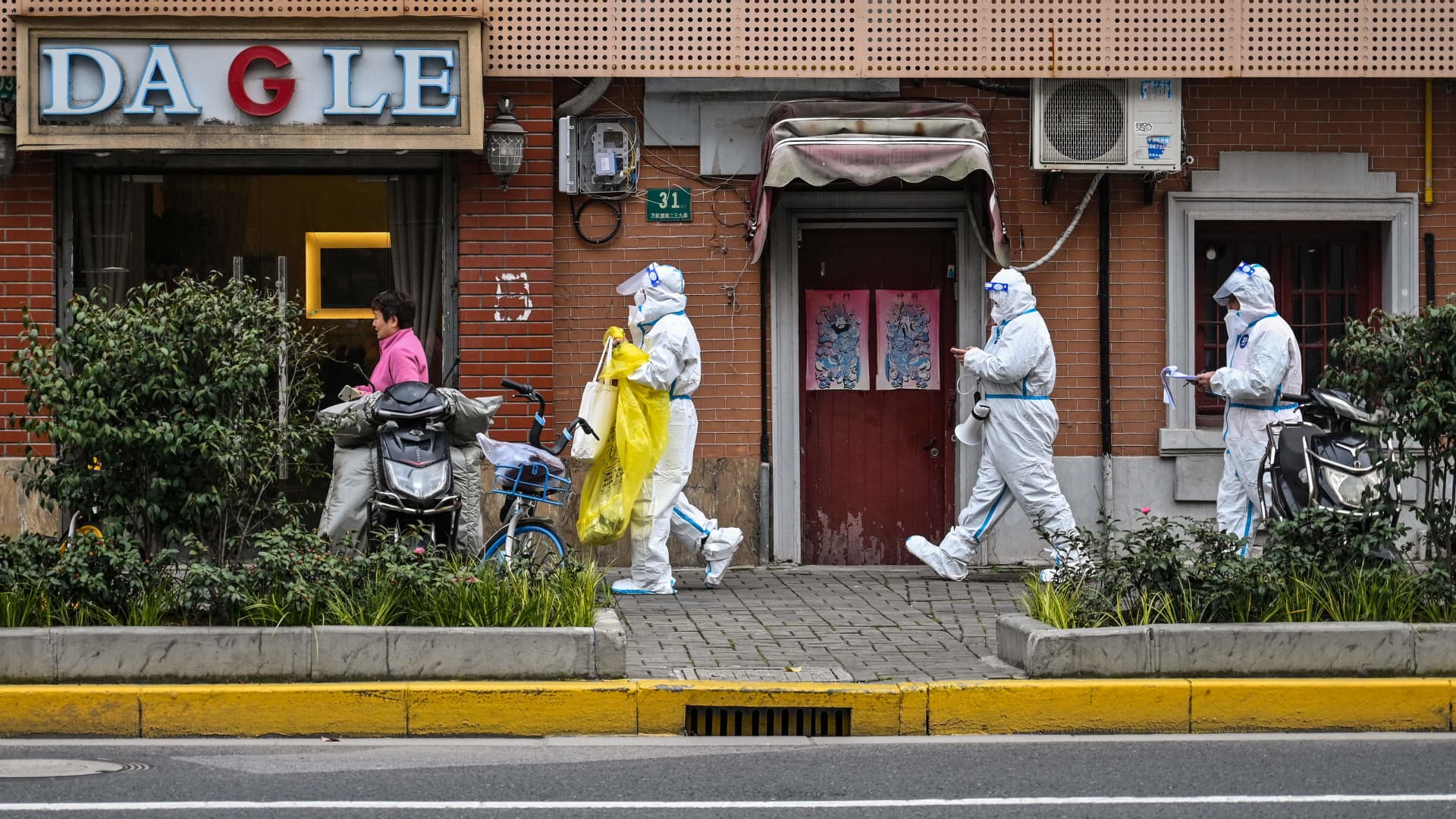AlanSubie4Life
Efficiency Obsessed Member
Depends on how many infections we've had. This group had pretty good infection coverage over the winter so I would think the impact should be fairly minor. It's not like students are taking any significant precautions at college these days and things are very well mixed at this point.which could result in superspreader events across the country.
It seems pretty likely at this point that any rise in cases (I do think there will be some rise) will be short-lived and small. I think it has relatively little to do with BA.2, except to extent that its marginally higher transmissibility allows a little bit better spread into already highly immune communities. But most of the new cases will likely be people who have not yet been infected or have been infected but not vaccinated. There will be reinfections of course (Psaki for example - though she certainly had Delta the first time, and probably did not have a booster prior to first infection, so this doesn't really count in this context), but they'll be relatively uncommon for now.
Increasingly feel like we're unlikely to follow the same trajectory as European countries who had substantial second waves, since we've just had so much prior infection here relative to those countries (probably), which is largely a result of not having had any significant restrictions in place since about November 2020 (to be clear, at great cost).
But we'll see! This stuff is so hard to predict and it's very interesting how it can manifest differently in different countries.
Average deaths are below 700 a day now (still awful!), but hopefully those will drop to below 250 a day in a couple weeks (still pretty terrible and nearly completely preventable!). The steep decline should start to level out in the next week or so though.
Last edited:



